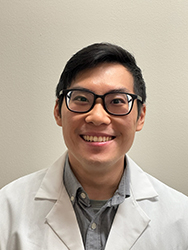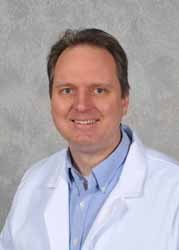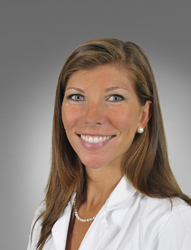Do you take a multivitamin every day? You’re not alone—about one in three Americans rely on them to meet their nutritional needs. But are they necessary?
Multivitamins may not be necessary for most healthy adults who eat a balanced diet. Instead, focusing on nutrient-rich whole foods can provide all the vitamins and minerals your body needs.
Let’s examine why a balanced diet might be better than a multivitamin for most people (and the situations when a supplement may still be helpful).
Why Whole Foods Are Better Than Multivitamins
For most adults, research shows that multivitamins don’t offer significant benefits if you’re already getting nutrients from food:
- Limited Health Benefits: Studies from Johns Hopkins and Harvard suggest multivitamins don’t prevent chronic conditions like heart disease or cancer.
- More Than Just Vitamins: Whole foods provide fiber, antioxidants, and other beneficial compounds that supplements can’t match.
- Cost Savings: The average multivitamin costs between $10 and $30 monthly. Instead of spending that money on vitamins, investing in fresh, healthy foods that you enjoy eating can be better for your overall health.
What a Balanced Diet Looks Like
A nutrient-rich, satisfying diet can provide all the vitamins and minerals you need. Here’s what to focus on:
- Fruits and Vegetables: The CDC recommends filling half your plate with colorful fruits and vegetables at every meal. They contain vitamins like C and A, potassium, fiber, and antioxidants.
- Whole Grains: Brown rice, whole wheat bread, and oats are packed with B vitamins, iron, and fiber, which support digestion and energy.
- Lean Proteins: Choose lean protein sources such as fish, poultry, beans, and nuts. These provide essential amino acids, zinc, iron, and B vitamins.
- Dairy or Dairy Alternatives: Low-fat or fat-free dairy (or fortified alternatives like almond or soy milk) provides calcium and vitamin D, which are important for bone health.
When Might You Need a Multivitamin
There are situations where a multivitamin can be helpful, such as:
- Pregnancy: Extra folic acid is vital to support a healthy pregnancy.
- Health Conditions: Celiac disease or Crohn’s disease can impair nutrient absorption, making a supplement necessary.
- Dietary Restrictions: A multivitamin may fill in the gaps if you have limited access to various foods or follow a restricted diet (such as vegan).
Always speak with your Primary Care Provider if you think you need a supplement. They can guide you based on your specific needs and refer you to MPCP’s Nutrition specialists to create a unique plan if necessary.
Nourish Your Body Right With a Balanced Diet
A balanced diet is the best way for most adults to get the nutrients your body needs. While multivitamins seem convenient, they don’t offer the same benefits as whole foods. Instead, focus on building meals that include a variety of fruits, vegetables, whole grains, and lean proteins. Not only will this save you money, but it will also improve your overall health in ways that supplements can’t.
If you have questions about your nutritional needs or whether a multivitamin is right for you, speak with your MPCP provider to discuss your diet and health goals.
Justin Moy, DNP, joined Maryland Primary Care Physicians, LLC’s Columbia practice in 2024. He holds a Master of Science degree in Nursing and Doctor of Nursing Practice degree from University of Maryland, Baltimore.







